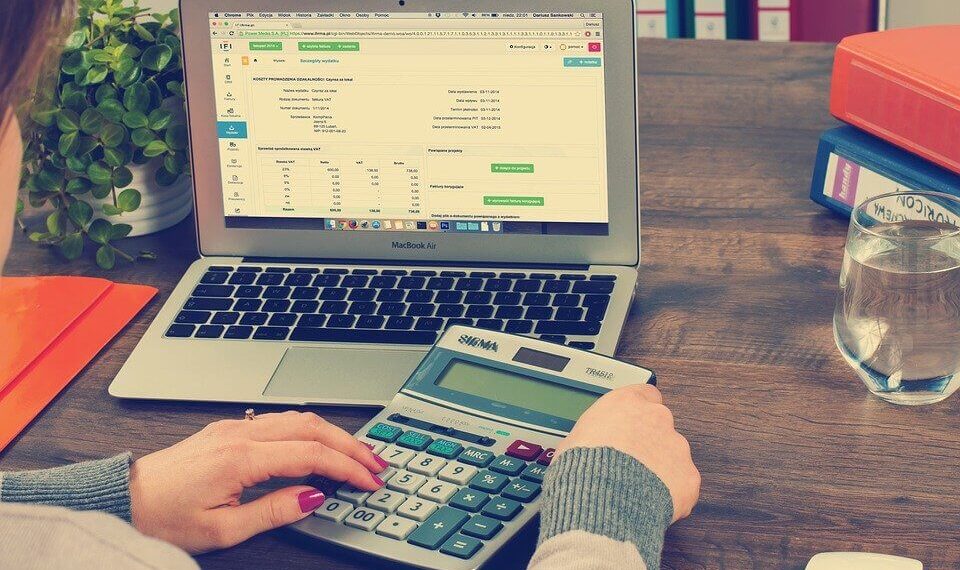Finances can be tricky to get on top of when you’re just starting out in the freelance world. You’ve probably heard other people who are self-employed complaining about completing their tax return and having months where they haven’t earned enough money to pay rent. While it’s not all bad news, freelancing does mean that you’ll be fully responsible for your financial situation. This blog will give you some helpful tips to make sure you’re handling any money you have in the right way.
Table of Contents
Invoices
As a freelancer, you’re going to need to create invoices to get paid for the work that you’ve done. Any delay in sending out these invoices will mean you’ll have to wait longer for your money, so you want to get them drawn up as soon as your job comes to a close. You can do this by using a payment processing app or specialised software, which will automate a lot of the process for you. This means your invoices will always look professional, minimising any confusion on the client’s end and allowing them to pay you promptly.
Savings
Before jumping into freelancing it’s a good idea to save up some money to act as a buffer. While you can make a liveable wage and more as a freelancer, you may have months where you haven’t made an awful lot, especially at the beginning. It’s likely that this will all balance out at the end of the year, but if you don’t have any savings in the bank, you might be wondering how you’re going to pay your bills during these quiet spells. Start saving an emergency fund now to give you the peace of mind you need to take the leap into self-employment.
Invest
At some point, you’ll probably want to grow your business. To do this, you’ll have to invest some of your hard-earned cash into your venture. This can be daunting, but when done properly, it will help you earn even more in the future. Investing in your business doesn’t mean spending money on just anything though, make sure the assets you buy are actually going to add value to your work or save you time.
Taxes
Taxes can be difficult to handle, especially if you’ve never had to calculate them yourself. To make the whole process easier, read up on the taxes you’ll be required to pay before starting your freelancing work. This way, you’ll be able to understand how much money you’re really making and how much you’ll owe to the government at the end of the year. If you really don’t have a head for numbers, you could consider hiring an accountant or using accounting software to make things easier.
Multiple streams of income
If possible, try to have more than one stream of income when you become a freelancer. This could mean keeping your main job, generating passive income or taking on another part-time job. This way, if one stream of income falls through, you’ll have at least one other to keep you afloat.

